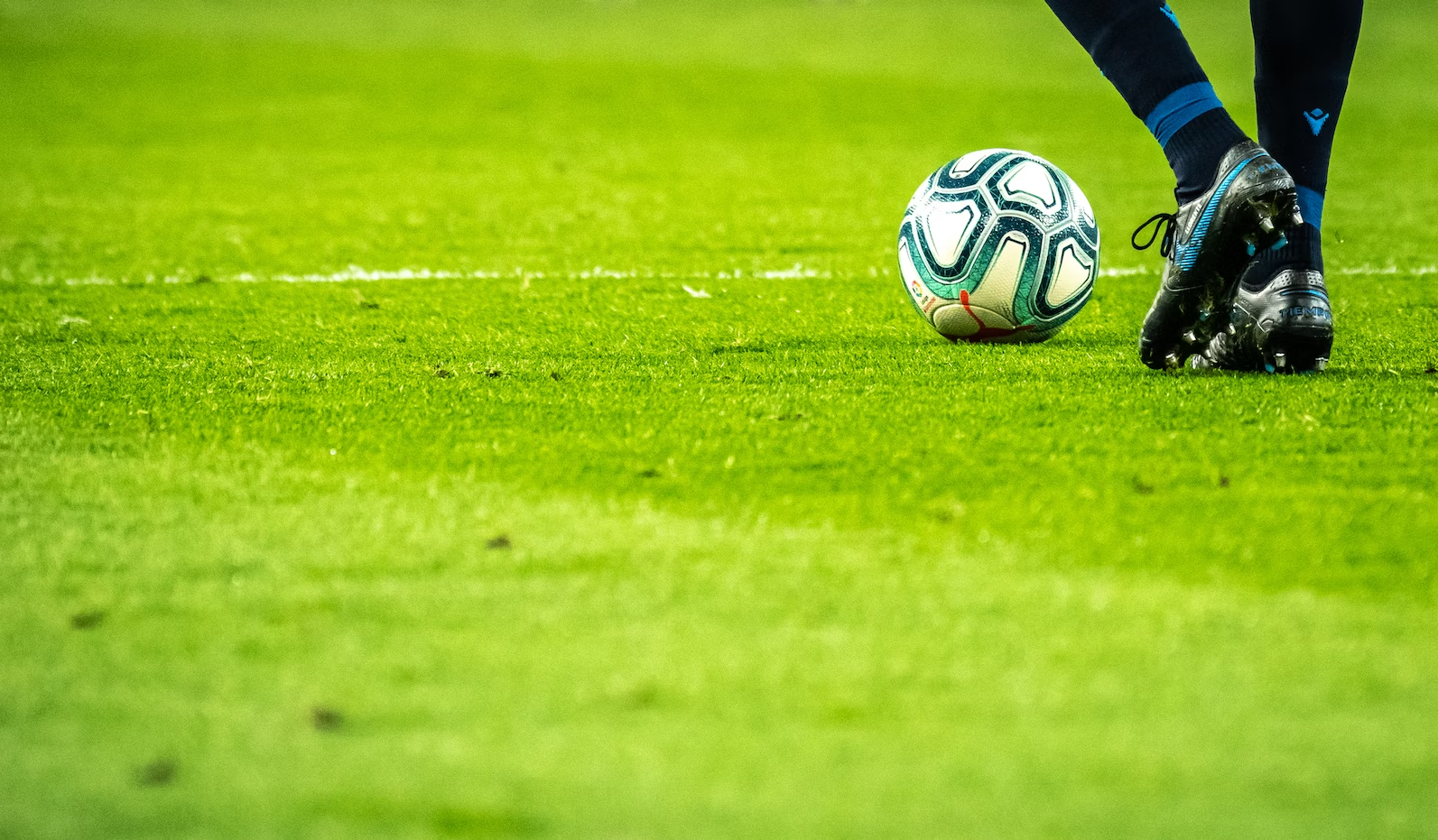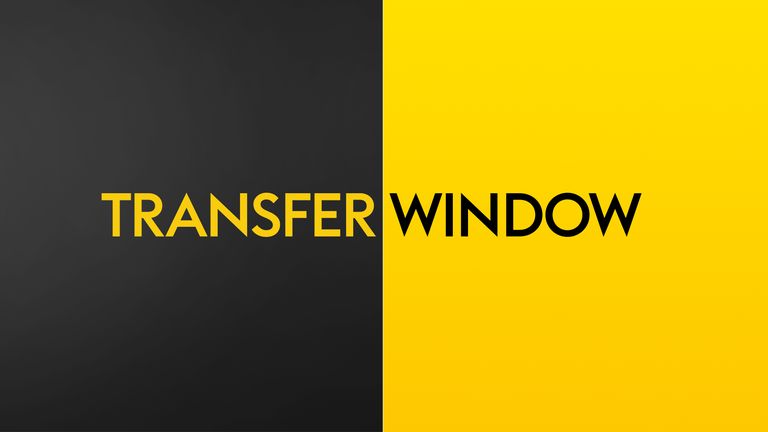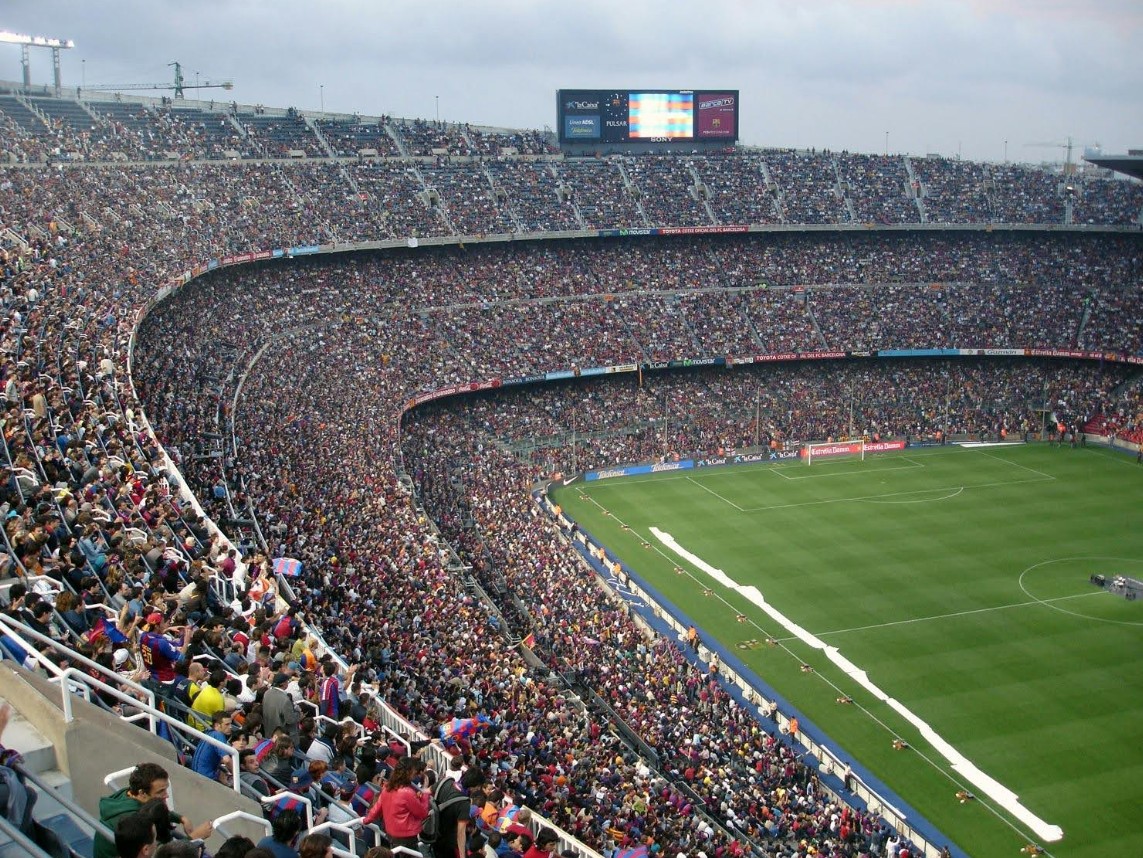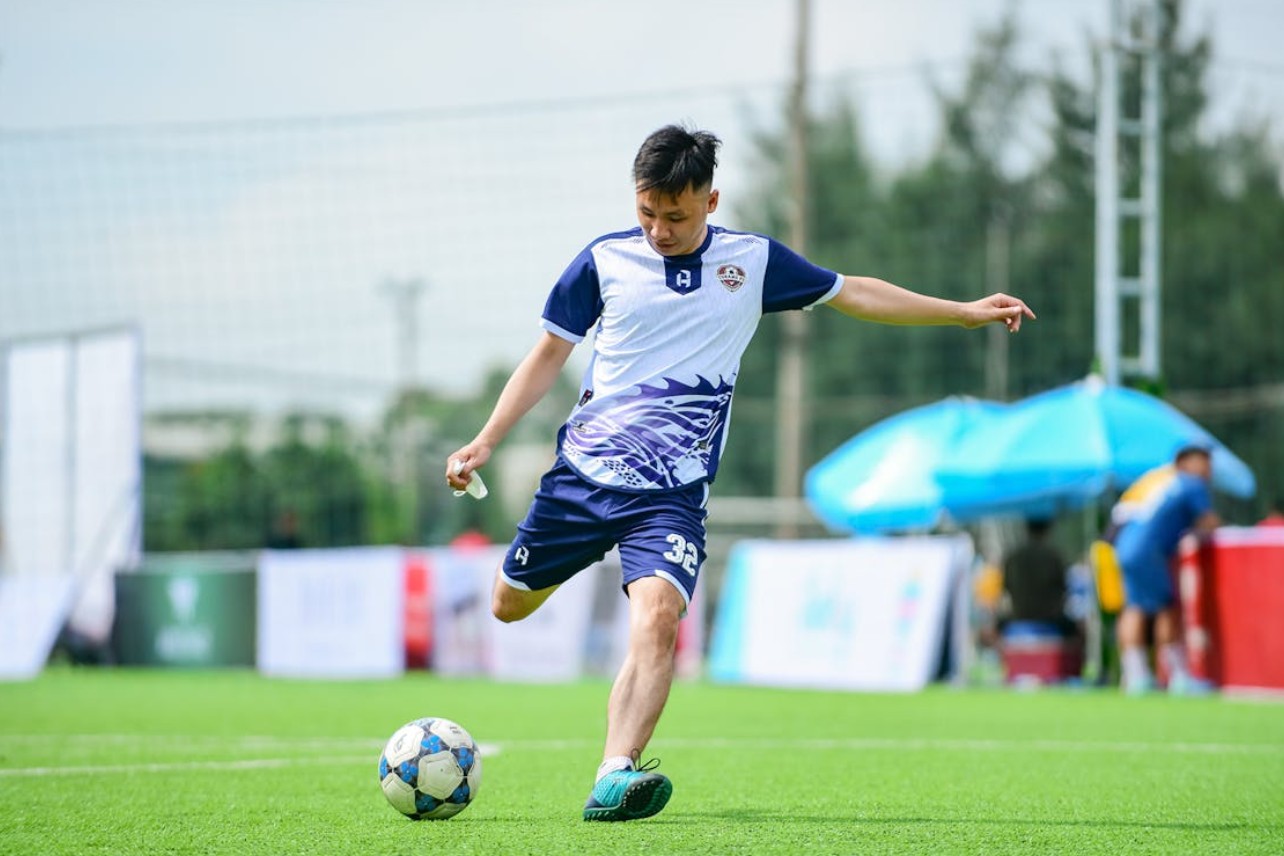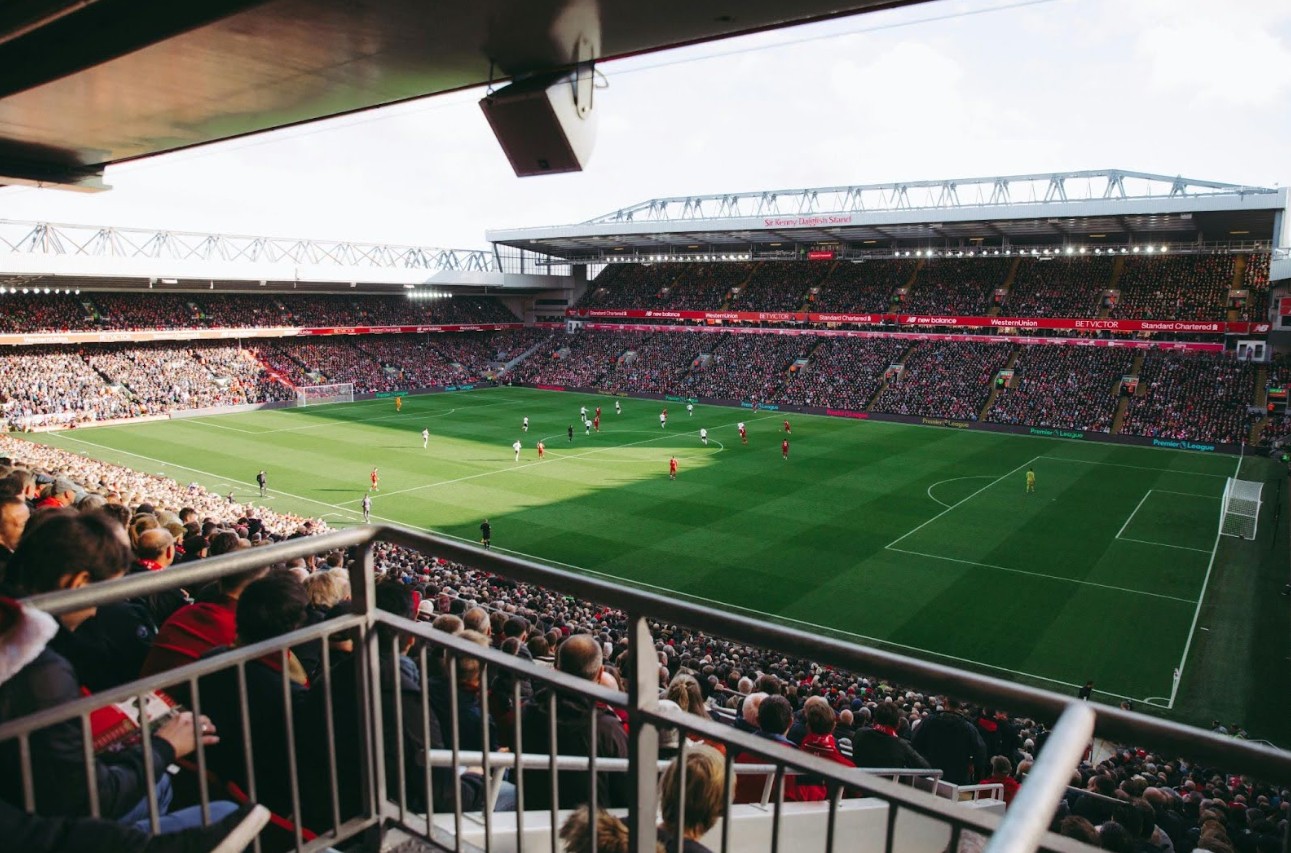Calciopoli: Fabio Capello still hasn’t come to terms with the Scudetti stripped from Juventus
The former manager of Milan, Roma, and Juventus sp
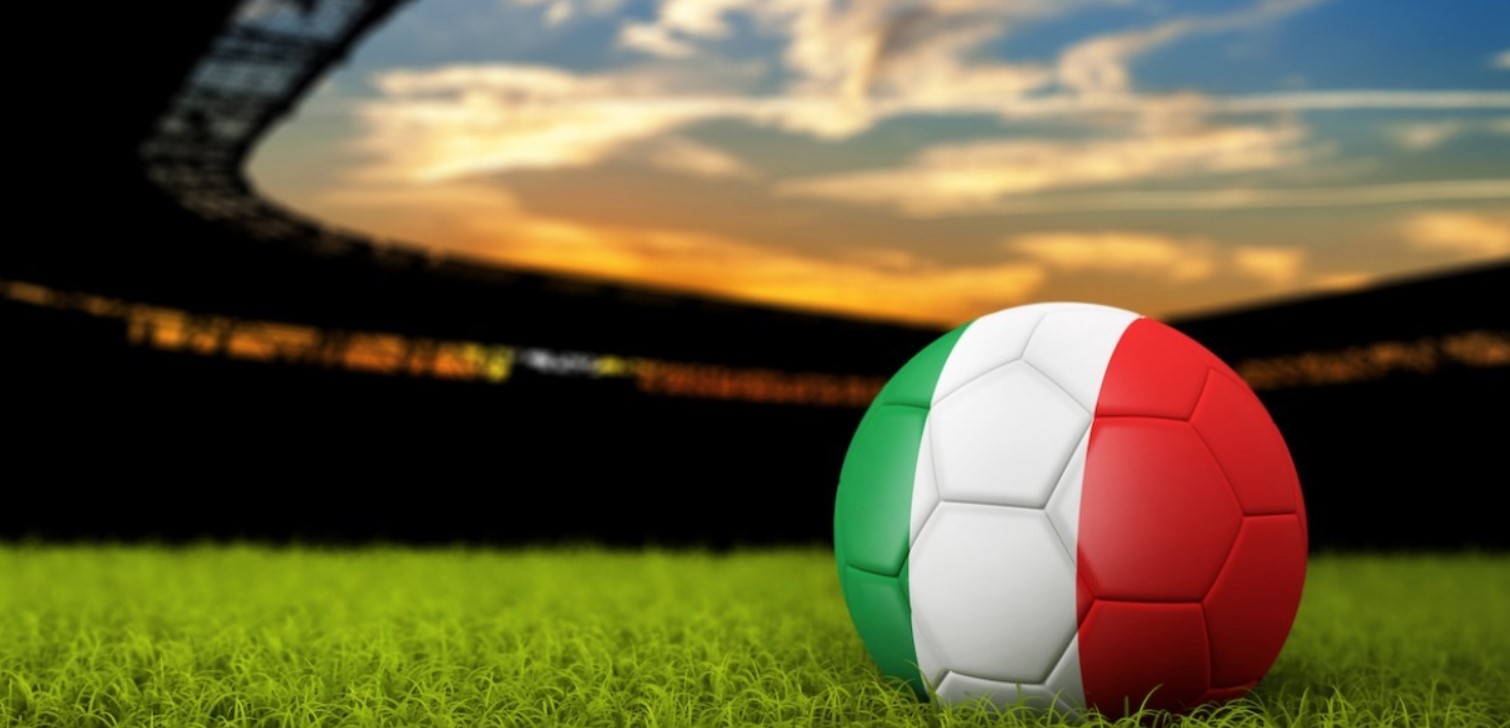
Recently, Fabio Capello — one of the greatest and most successful coaches in football history and now a pundit for Sky Sport Italia — gave an insightful interview to the NetBet News podcast, the news and interview section of the well-known online platform NetBet. The former manager of Milan, Roma, and Juventus spoke, among other things, about the league titles taken away from Juventus following the Calciopoli ruling.
What Fabio Capello thinks about the revoked Juventus titles
Almost 20 years have passed since the Calciopoli ruling, which saw Juventus relegated to Serie B (with a points deduction), and the last two league titles the club had won stripped — one of which was then awarded to Inter. During the interview, Fabio Capello made it very clear that he has never accepted the decision to erase those national titles, won on the pitch by his Juventus. Capello was the manager of the Bianconeri during the seasons in question.
“I still haven’t gotten over this. We’re talking about two Scudetti won on the field, with a team that was by far the strongest. They were erased — or rather, handed over to someone who finished third. It still hurts, terribly. But I still have the medals at home, no one has asked me to return them,” he explained.
A wound still clearly open, one that the legendary coach hasn’t been able to heal.
What was Calciopoli?
There’s a date that marks a clear before and after in the history of Italian football: May 2006. Just days before the start of the World Cup in Germany (which Italy would incredibly go on to win), an unprecedented scandal exploded that shook the entire structure of Italian football to its core. Its name was Calciopoli. And for months — if not years — it dominated the headlines not only in the sports press.
The investigation was launched by the Naples public prosecutor's office, which was initially looking into other football-related crimes. Investigators uncovered hundreds of wiretapped phone calls between club executives, referee selectors, and members of the Italian Football Federation (FIGC). These conversations, later made public, revealed a well-oiled and shadowy system in which certain clubs were allegedly trying to influence referee assignments to gain direct or indirect advantages on the pitch.
One of the main figures in these wiretaps was Luciano Moggi, the powerful general manager of Juventus, who was frequently in contact with Paolo Bergamo and Pierluigi Pairetto, the two referee selectors for the FIGC. But it didn’t stop there: intercepted calls also revealed conversations involving executives from Fiorentina (the Della Valle brothers), Lazio (Claudio Lotito), Reggina, and even Milan. It all painted the picture of a complex and deeply rooted network.
The penalties
The consequences came swiftly. FIGC President Franco Carraro resigned on May 8, 2006, followed a few days later by his deputy Innocenzo Mazzini. Juventus, under the Agnelli family’s ownership, saw its corporate structure — once considered untouchable — collapse in just a few weeks. Even CEO Antonio Giraudo was swept away by the scandal.
Meanwhile, sporting justice moved quickly. Federal prosecutor Stefano Palazzi and former “Clean Hands” magistrate Francesco Saverio Borrelli, who had been appointed to head the FIGC’s investigative office, fast-tracked proceedings to deliver a verdict before the start of the 2006/07 season.
On July 14, 2006, the first ruling was devastating: Juventus was relegated to Serie B for the first time in its history, with a 30-point deduction (later reduced to 9). The club was also stripped of its 2004/05 and 2005/06 league titles, with the latter awarded to Inter, who had finished third behind Juve and Milan. The Rossoneri were also penalized with a point deduction, but still managed to qualify for the Champions League — and would go on to win that edition. Lastly, Fiorentina, Lazio, and Reggina received various sanctions, including fines and points deductions.
Calciopoli remains an open wound, especially in the Juventus world, as Capello’s interview clearly shows. Despite the various rulings, the Bianconeri have never stopped disputing the legitimacy of the punishments they received. What’s certain is that Calciopoli was a scandal that marked a point of no return for Italian football as a whole.

